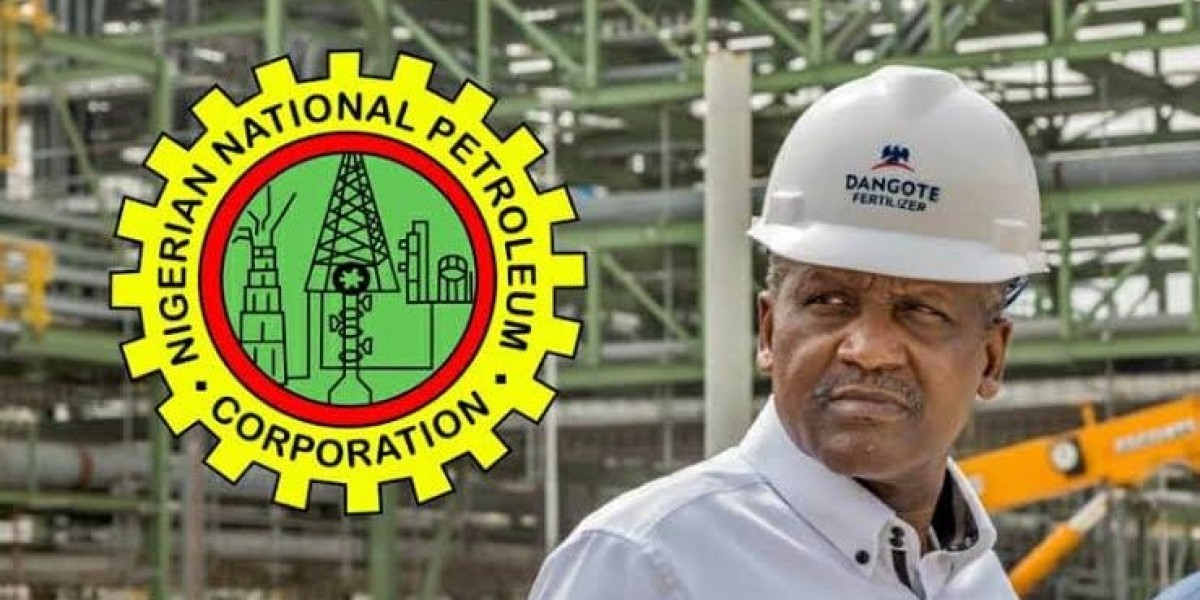In a recent statement, legal and economic expert Abubar Usman has raised concerns about the involvement of the Nigerian National Petroleum Corporation Limited (NNPCL) in setting the price of petrol refined by the privately-owned Dangote Refinery. Usman argues that such a practice contradicts the principles of a deregulated market, where prices are meant to be determined by market forces of demand and supply, rather than government or state-owned corporations.
Understanding Market Deregulation
Nigeria’s oil and gas sector has recently transitioned towards deregulation, meaning that fuel prices are no longer subsidized by the government. Instead, the price of petrol should reflect global oil prices, refining costs, transportation, and other market-driven factors. The introduction of the Dangote Refinery was meant to be a step toward reducing Nigeria's dependency on imported fuel, with hopes of stabilizing local prices through domestic production.
However, Abubar Usman insists that any attempt by NNPCL to set prices for petrol produced by Dangote's privately-owned refinery would be in clear violation of the deregulation policy. He points out that NNPCL’s primary role should be limited to that of a market participant, purchasing and selling fuel at competitive prices without imposing control over private entities.
Legal Implications of Price Fixing
According to Usman, NNPCL’s involvement in fixing prices could lead to legal challenges, as it undermines the free-market principles intended by deregulation. If allowed to continue, such practices could stifle competition, discourage other private investors, and ultimately harm consumers by keeping prices artificially high.
The implications of this are far-reaching, with potential legal repercussions for violating antitrust and competition laws. Usman argues that for Nigeria to fully benefit from deregulation, all market participants—including NNPCL—must operate within the framework of fair competition, allowing private refineries like Dangote’s to set their own prices based on market conditions.
Conclusion
Abubar Usman’s assertion highlights a critical concern in Nigeria’s oil and gas sector: the need for transparent and fair competition. As the country moves towards a fully deregulated market, any interference in price-setting by NNPCL could derail progress and lead to legal and economic consequences. The future of fuel pricing in Nigeria will depend on the enforcement of these market principles, ensuring that consumers benefit from true competition and not state-influenced pricing.



